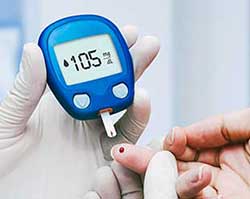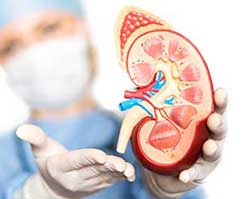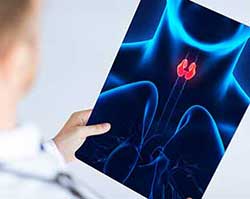Consult City's Top Doctors, The Minute You Need To
First Consultation starting
@ ₹249 ₹499
14261
General Physicians
5337335
Cases done
by General Physicians
2248
Hospitals
What Is a Blood Test?
A blood test or a cbc test is done on a sample of blood and comprises of various other evaluations. This sample is collected from the veins of the patient to analyze and verify the symptoms shown by him or her for a particular medical condition.
When to take a blood test?
A blood test is recommended by a general physician when there is a certain disease, infection, or abnormality experienced by the patient. However, the reasons for a blood test are not restricted to this. The other reasons can be:
- General assessment of the health of the person.
- To confirm the effective functioning of internal organs like the liver and kidneys.
- Testing the status for some genetic conditions
A common list of blood tests include:
- Complete blood count (CBC) test
- Glucose postprandial blood test
In general, taking a blood test or cbc test regularly is important to maintain your overall physical well-being. A general practitioner may suggest taking a routine blood test once a year along with a general full body check-up.
How to prepare for a Blood Test?
Conducting a blood test is not a lengthy procedure and can be completed within a few minutes. There can be certain instructions depending on the type of blood test being performed. A general practitioner or family doctor may instruct for the following:
- Fasting before blood test for 12 hours
- No intake of certain medication
If instructed for any of these, it should be followed as they may affect the blood test results and the reading may not be accurate.
A general practitioner may advise you to fast if you are taking blood tests for cholesterol, liver function, blood sugar and kidney function.
How to read blood test results?
- Once the blood sample is collected, it is sent to the lab to be checked depending on the requirements.
- These results are sent back to the hospital or a general doctor who would explain the results and advise the corresponding medication or care to be taken based on the results of the test.
- For instance, a high level of cholesterol can indicate serious health problems; the doctor is likely to advise medications to avoid problems like heart attack or stroke.
- You should also increase your intake of Vitamin B12, which plays a crucial role in the formation of red blood cells.
Likewise, for sensitive tests like an HIV test, that can be unnerving for the patient to deal with, a counselling session may be held to describe the result of such tests.
Other Specialities
Give a missed call to 08061914343 to Download the App
































